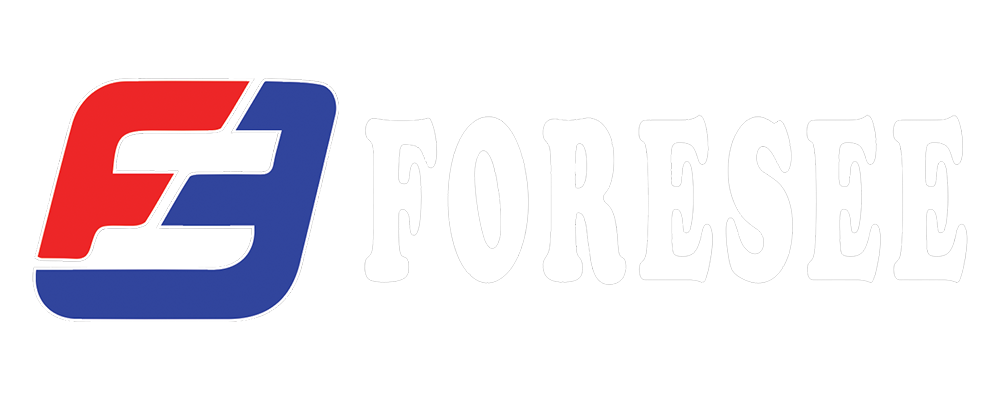E71T-11 and E71T-GS are both flux-cored welding wires, but they differ in characteristics, applications, and performance. Here’s a breakdown of the two:
E71T-11
- Classification: AWS A5.20
- Shielding: Self-shielded (no external shielding gas required).
-
Application:
- Suitable for single-pass and limited multi-pass welding.
- Commonly used for general-purpose welding, including thin to medium-gauge mild steel.
- Ideal for outdoor work where wind may interfere with shielding gas.
- Position: Can be used in all positions (flat, horizontal, vertical, and overhead).
-
Mechanical Properties:
- Offers good tensile strength and impact resistance.
- Designed for versatility and ease of use.
- Slag: Produces more slag than solid wires but is easy to remove.
- Penetration: Provides moderate to deep penetration.
E71T-GS
- Classification: Not AWS-standardized (the "GS" typically refers to "General Steel").
- Shielding: Self-shielded (no external shielding gas required).
-
Application:
- Designed for single-pass welding only.
- Commonly used for thinner materials (less than 3/16" thick).
- Primarily for home, hobby, and light-duty projects.
- Position: Best suited for flat and horizontal positions, though some wires can be used vertically.
-
Mechanical Properties:
- Lower tensile strength compared to E71T-11.
- Less suited for structural applications or heavy-duty work.
- Slag: Produces less slag than E71T-11 but can still vary by brand.
- Penetration: Shallower penetration, making it better for thin materials.
Key Differences:
| Feature | E71T-11 | E71T-GS |
|---|---|---|
| AWS Classification | Yes | No |
| Passes | Single and Multi-Pass | Single-Pass Only |
| Thickness Range | Thin to Medium-Gauge | Best for Thin Materials |
| Penetration | Moderate to Deep | Shallow |
| Positions | All Positions | Flat and Horizontal Preferred |
| Strength | Higher Tensile Strength | Lower Tensile Strength |
| Application | General Purpose and Structural | Hobbyist and Light-Duty Work |
Which One Should You Use?
- Choose E71T-11 for versatility, heavier-duty work, or if you plan to weld thicker materials or in challenging positions.
- Opt for E71T-GS if you're working on lighter materials, such as sheet metal, or for DIY and hobby projects where structural integrity is less critical.
Conclusion and AWS Classification Explanations
E71T-GS is not under AWS classification because, strictly speaking, the "GS" designation does not correspond to a specific, recognized classification in the AWS A5.20 standard for flux-cored arc welding (FCAW) wires. Here’s why this distinction exists:
AWS Classification System:
- AWS (American Welding Society) provides a standardized system for welding consumables, including flux-cored wires, ensuring consistency in performance and properties.
- Wires like E71T-11 adhere to this system, with specific requirements for tensile strength, welding positions, shielding, and usability.
E71T-GS Explanation:
- "GS" typically stands for "General Steel" and is used by manufacturers as a non-standard designation for single-pass, self-shielded flux-cored wires.
- While some E71T-GS wires may meet AWS guidelines for similar wires (e.g., E71T-11), they are not officially certified or listed under an AWS classification.
- This lack of standardization means the mechanical properties, usability, and weldability can vary significantly between brands and products.
Why Does It Matter?
- E71T-11 ensures consistent performance and properties because it meets strict AWS criteria.
- E71T-GS, being non-standardized, can vary in quality and performance, depending on the manufacturer, making it more suited for light-duty or hobbyist applications.
If you need consistent and verifiable performance, especially for structural or critical applications, you should choose an AWS-classified wire like E71T-11. However, E71T-GS can still be a practical and cost-effective option for less demanding projects.

Recent post